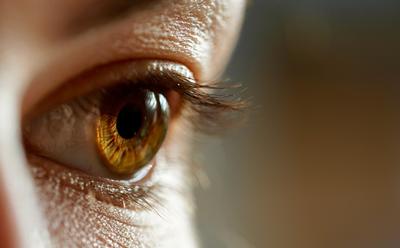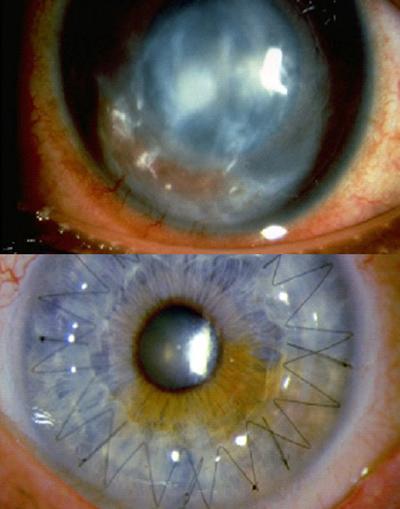New study to help with shortage of eye donors

Researchers at the University of Southampton and clinical partners across England are leading a new project aimed at helping to tackle a shortfall in the number of people willing to consent to eye donation.
In partnership with NHS Blood and Transplant (NHSBT) service – with £720,000 funding from the National Institute for Health Research (NIHR), researchers at the University will investigate the viability of approaching patients in specialist palliative care settings or hospices, who may be willing to donate their eyes after they die.
Eye tissue is needed to treat a variety of eye conditions and to aid research into new sight saving therapies. However, currently there is a lack of eye tissue available to combat eye diseases which can lead to sight loss. NHS Blood and Transplant eye banks are around 20 percent below the level needed to supply hospitals. In April 2019 there were 279 corneas available, with a store of 350 needed at any one time to satisfy demand for the treatment of patients.
Lead researcher, Dr Tracy Long-Sutehall comments: “Understandably, people can hold very strong feelings about donating their eyes or those of a loved one – from concerns about disfigurement to cultural or religious considerations.
Read more about the project on our project page.

“Most people who die in the UK may be eligible to donate their eyes, but people are unaware that they could potentially donate, and we know that health care professionals can be reluctant to start conversations about the subject with patients or relatives for fear of causing upset or offence. Our study will tell us if donations could be increased if carefully managed approaches are made to patients and their families during hospice and palliative care."
The researchers will review the medical records of 1,200 deceased patients who died in three specialist palliative care settings and three hospice care settings to assess how many of these patients would have been eligible to become an eye donor and how many were referred to NHS Tissue and Eye Services for assessment.
Uniquely, current patients receiving care in palliative and hospice care settings will be asked to share their views about eye donation and their thoughts on discussing the issue of donation as part of end of life care planning. Carers and health care professionals will also be interviewed so that their concerns and views are gained.
The study will underpin future planning by NHSBT as they develop strategies to increase eye and tissue donation and develop an intervention that will ensure that the potential to donate is part of care planning conversations with patients and their family members across the palliative and hospice care sector.
Helen Gillan, General Manager for Tissue and Eye Services at NHS Blood and Transplant, said: “Our eye banks are currently well below the level we need to be able to restore the sight of everyone who could benefit from a corneal transplant. We are delighted to be working with the University of Southampton on this study which could help to increase the number of corneas donated, providing hope for many people waiting for a transplant.
“We need more donors who can help give the gift of sight. Through approaching more families and patients in hospices and palliative care, we hope to start having conversations around cornea donation.”
